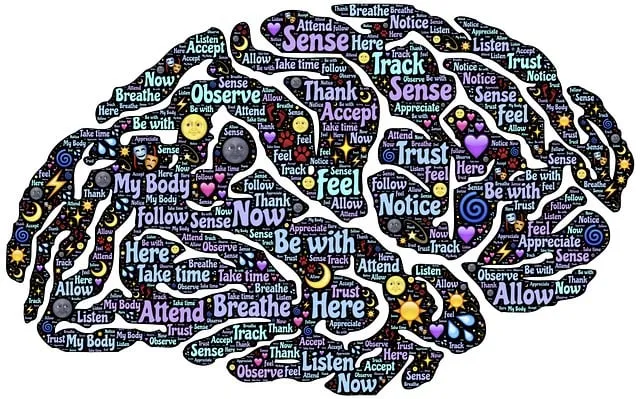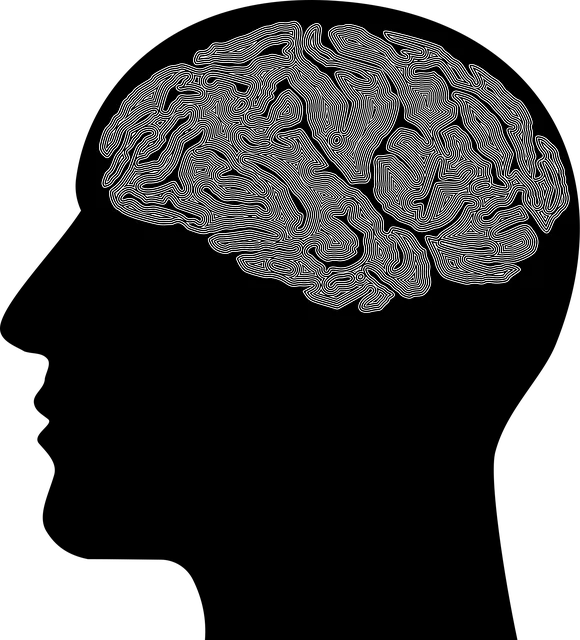Denver Kaiser Permanente mental health services utilize RFM Analysis to personalize patient care through data-driven insights on interaction history. They promote resilience by teaching Mind Over Matter principles, Conflict Resolution Techniques, and Risk Assessment, offering tailored stress reduction methods. Coping strategies like mindfulness and social skills training enhance emotional well-being. Integrating Resilience, Flexibility, and Mastery (RFM) principles improves patient outcomes, self-esteem, and stress management, with policy advocacy and evidence-based techniques.
“In today’s fast-paced world, building resilience is key to navigating life’s challenges. This article explores the powerful synergy between RFM (Resource, Strengths, and Needs) analysis and resilience-building exercises, offering valuable insights into enhancing mental well-being. We delve into Denver Kaiser Permanente’s innovative approach, which has proven effective in their mental health services. By combining RFM analysis with targeted exercises, individuals can strengthen emotional coping mechanisms, ultimately fostering adaptability and resilience.”
- RFM Analysis: A Tool for Mental Health
- Resilience Building: Denver Kaiser Permanente Approach
- Exercises to Strengthen Emotional Coping
- Integrating RFM into Mental Health Services
RFM Analysis: A Tool for Mental Health

RFM Analysis is a powerful tool used by Denver Kaiser Permanente mental health services to assess and enhance patient well-being. By examining key factors such as Recency (how recently someone has engaged with services), Frequency (the number of interactions) and Monetarity (the level of commitment or financial support), mental health professionals can gain valuable insights into individual needs and risks. This data-driven approach allows for more personalized treatment plans, focusing on tailored stress reduction methods and self-care routine development.
Understanding RFM can help in identifying those at higher risk of depression prevention issues, enabling early interventions and proactive support. By leveraging this analysis, Denver Kaiser Permanente is able to better serve its community, promoting mental health resilience through effective, targeted strategies.
Resilience Building: Denver Kaiser Permanente Approach

Denver Kaiser Permanente takes a holistic approach to resilience building through their mental health services, focusing on empowering individuals with Mind Over Matter principles. This involves equipping clients with effective Conflict Resolution Techniques to navigate challenging situations and foster emotional well-being. The program recognizes that resilience is not just about overcoming adversity but also about understanding and managing risks. As such, they incorporate a comprehensive Risk Assessment for Mental Health Professionals, ensuring practitioners are skilled in identifying potential hazards and implementing appropriate interventions.
This unique approach emphasizes the interconnectedness of mental health and resilience, offering Denver residents a supportive environment to cultivate coping strategies that resonate with their personal experiences. By merging evidence-based practices with a nuanced understanding of risk, Kaiser Permanente’s services aim to strengthen individuals’ ability to thrive in the face of life’s challenges.
Exercises to Strengthen Emotional Coping

Emotional coping is a vital aspect of overall resilience, and strengthening this skill can be immensely beneficial for individuals seeking to navigate life’s challenges. Denver Kaiser Permanente mental health services offer a range of exercises designed to enhance emotional well-being and promote effective coping strategies. These practices often include mindfulness techniques, such as deep breathing exercises and meditation, which help individuals manage stress and regulate their emotions in the moment. By training the mind to stay present, these techniques enable folks to better handle intense feelings and develop a greater sense of calm.
Additionally, social skills training is integrated into the curriculum, fostering connections and providing support networks. Engaging in open conversations, practicing active listening, and developing empathy are key components of this process. These social interactions not only improve emotional coping but also offer practical stress reduction methods. Stress management workshops organized by the organization delve deeper into understanding personal triggers and teaching effective coping mechanisms tailored to individual needs, ultimately strengthening resilience.
Integrating RFM into Mental Health Services

Integrating RFM (Resilience, Flexibility, and Mastery) into mental health services offered by Denver Kaiser Permanente is a strategic move to enhance patient outcomes and overall well-being. This approach recognizes that building resilience is an essential component of effective mental health treatment, fostering self-esteem improvement and promoting stress management. By incorporating RFM exercises tailored to individual needs, the program aims to empower patients with adaptive coping mechanisms, enabling them to navigate life’s challenges more effectively.
The Denver Kaiser Permanente mental health services team can facilitate this integration by conducting thorough Mental Health Policy Analysis and Advocacy, ensuring that RFM interventions align with evidence-based practices. Regular training sessions for healthcare professionals can introduce various techniques, from cognitive-behavioral therapies to mindfulness exercises, focusing on flexibility in thinking and behavior. Such initiatives will not only improve patient satisfaction but also contribute to the development of comprehensive mental health policies, catering to diverse patient populations.
RFM analysis and resilience-building exercises offer powerful tools for enhancing emotional coping and overall mental well-being, as demonstrated by the successful implementation at Denver Kaiser Permanente. By integrating these strategies into mental health services, healthcare providers can empower individuals to build resilience and navigate life’s challenges more effectively. This approach, rooted in practical applications, has the potential to revolutionize support systems, fostering a healthier and more resilient community.






